Fifteen Minutes of Fame
Craig Hultgren
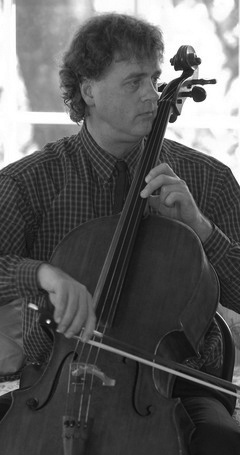
Fifteen Minutes of Fame: Craig Hultgren - pataphysics
Cellist Craig Hultgren has been active in new music for decades. He now resides outside of Decorah, Iowa as the farmer-cellist. The New York Classical Review commented that he, "...played with impressive poise and sensitivity..." for Dorothy Hindman's 2016 chamber music retrospective at Carnegie Hall. A recipient of two Artist Fellowships from the Alabama State Council on the Arts, he was a member for many years of Thámyris, a contemporary chamber music ensemble in Atlanta. He is a founding member of Luna Nova, a new music ensemble with a large repertoire of performances available on iTunes. Hultgren is featured in four solo CD recordings including UK composer Craig Vear's hyper-media concerto Black Cats and Blues on Métier Recordings. Recently, Hultgren entered the realm of digital online releases with four works Songs for Cello and Piano by Ben Hippen available on Spotify. For ten years, he produced the Hultgren Solo Cello Works Biennial, an international competition that highlighted the best new compositions for the instrument. He is a founding member and former President of the Birmingham Art Music Alliance and was on the Board of Directors of the Metropolitan Youth Orchestras of Birmingham and their Scrollworks program. Currently, he is Vice President of the Oneota Valley Community Orchestra Board of Directors in Decorah and serves as Chair for the Iowa Composers Forum.
The theme for this Fifteen-Minutes-of-Fame is "Pataphysics" the science of creating solutions to problems that don't exist.
Concert Dates
- November 26, 2021 - Virtual Concert Halls
- December 4th, 2021 - Mannhattan Neighborhood Network
15 one-minute selections for Craig Hultgren
-
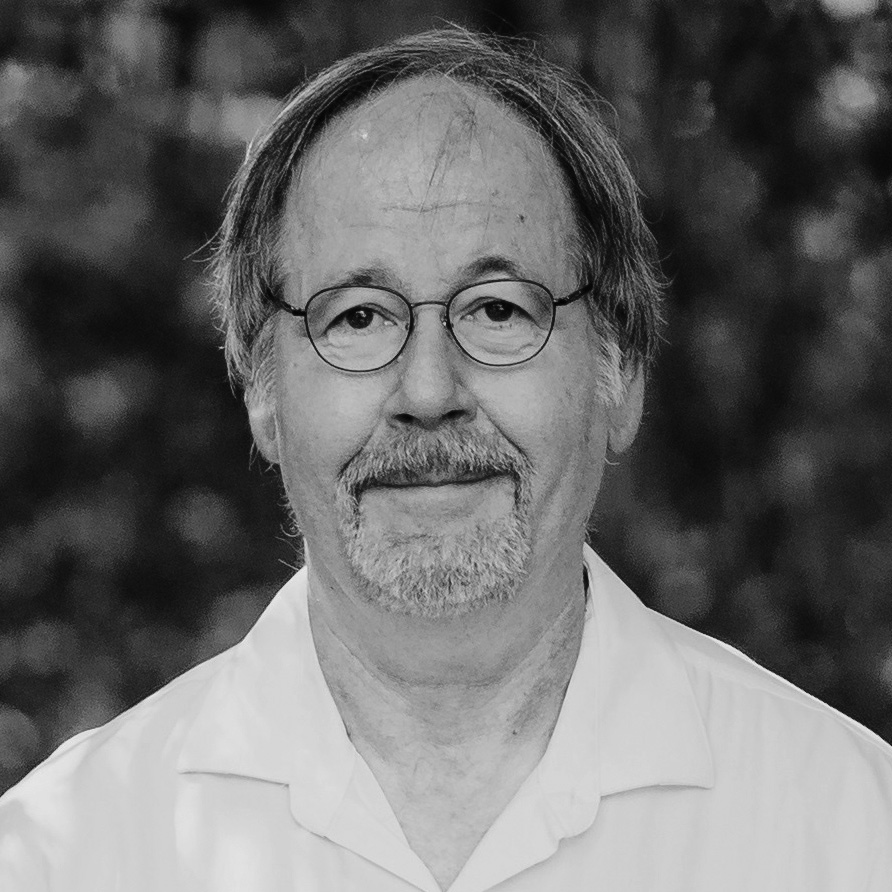
2:09 Central
Michael Coleman
Michael Coleman (b. 1955) has participated as composer/pianist in numerous new music programs and festivals in the U.S and Russia and has also had works performed in Austria, Bahamas, Belgium, Costa Rica, France, Kazakhstan, México, and Uzbekistan. Recent awards include First Diploma in the 2021 Golden Key International Composition.
The composer envisioned that 2:09 Central would be completed at 2:02 a.m. and hallucinated that it was finished at 2:21. It consists of free chromaticism mixed with quartal & quintal patterns and is composed for and dedicated to cellist Craig Hultgren as part of his participation in the Fifteen-Minutes-of-Fame project. -
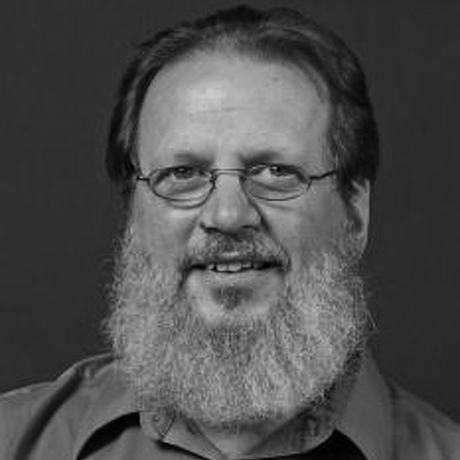
Congruence
Jim Dalton
American composer Jim Dalton is a professor of music theory at Boston Conservatory at Berklee. His works are performed frequently throughout the US, Canada, and Europe, including Musique Nouvelles, Lunel, France; Kansas Symposium of New Music; Sound: Scotland’s Festival of New Music; and Akademie der Tonkunst (Darmstadt, Germany).
Congruence is reminiscent of a prelude that establishes a key, or a Carnatic alap that introduces a raga. Its organizing principle is the harmonics of the unheard pitch an octave below the cello’s lowest string. The eponymous “congruence” correlates iterations of each pitch to its position in the harmonic series. -
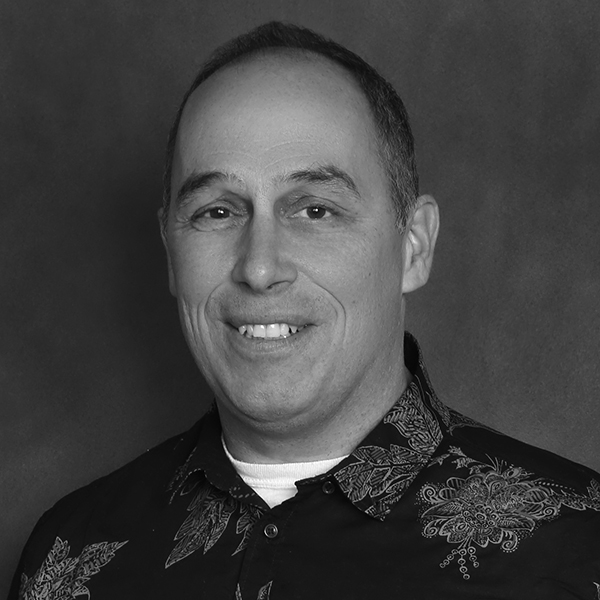
Decatonixemantology
Douglas DaSilva
Douglas DaSilva is a composer, performer, educator and former Artistic Director of the Composer's Voice Concert Series and Premiere Salon Concerts in New York City. He composes in various styles including jazz, pop, chamber music and experimental. Much of his writing is influenced by Brazilian music and self-inflicted stress.
Decatonixemantology: A semiotic approach to researching Decatonica. The goal of this science is to find meaning to the answer of the important question “Why not use a decatonic extraction from the dodecatonic system instead of the common octatonic or nonatonic ones?” Lives will be saved by this important research. -
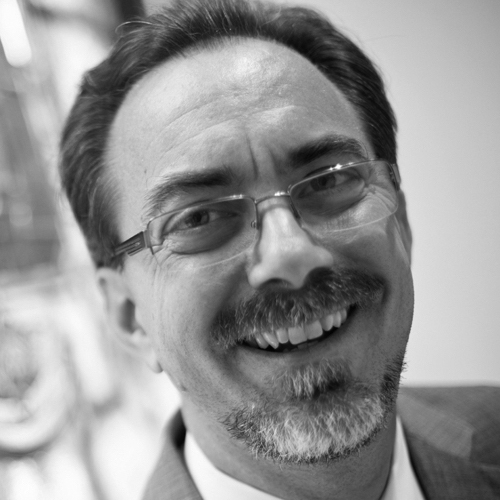
Apparatus for the Magnetic Treatment of Plants
Jeffrey Hoover
Jeffrey Hoover's works - ranging from soloist to symphony orchestra - have received recognition through national and international awards and more than 25 commissions. One unique aspect of his work is when he joins his compositions with his own interpretive paintings, creating synergetic works that captivate audiences and performers.
The composition Apparatus for the Magnetic Treatment of Plants is inspired by an early still life by the Swiss artist Paul Klee. Created in 1908, this shows the solution for solving this imaginary problem. The surreal music of the composition, including extended techniques, reflects the idea behind this drawing.
-
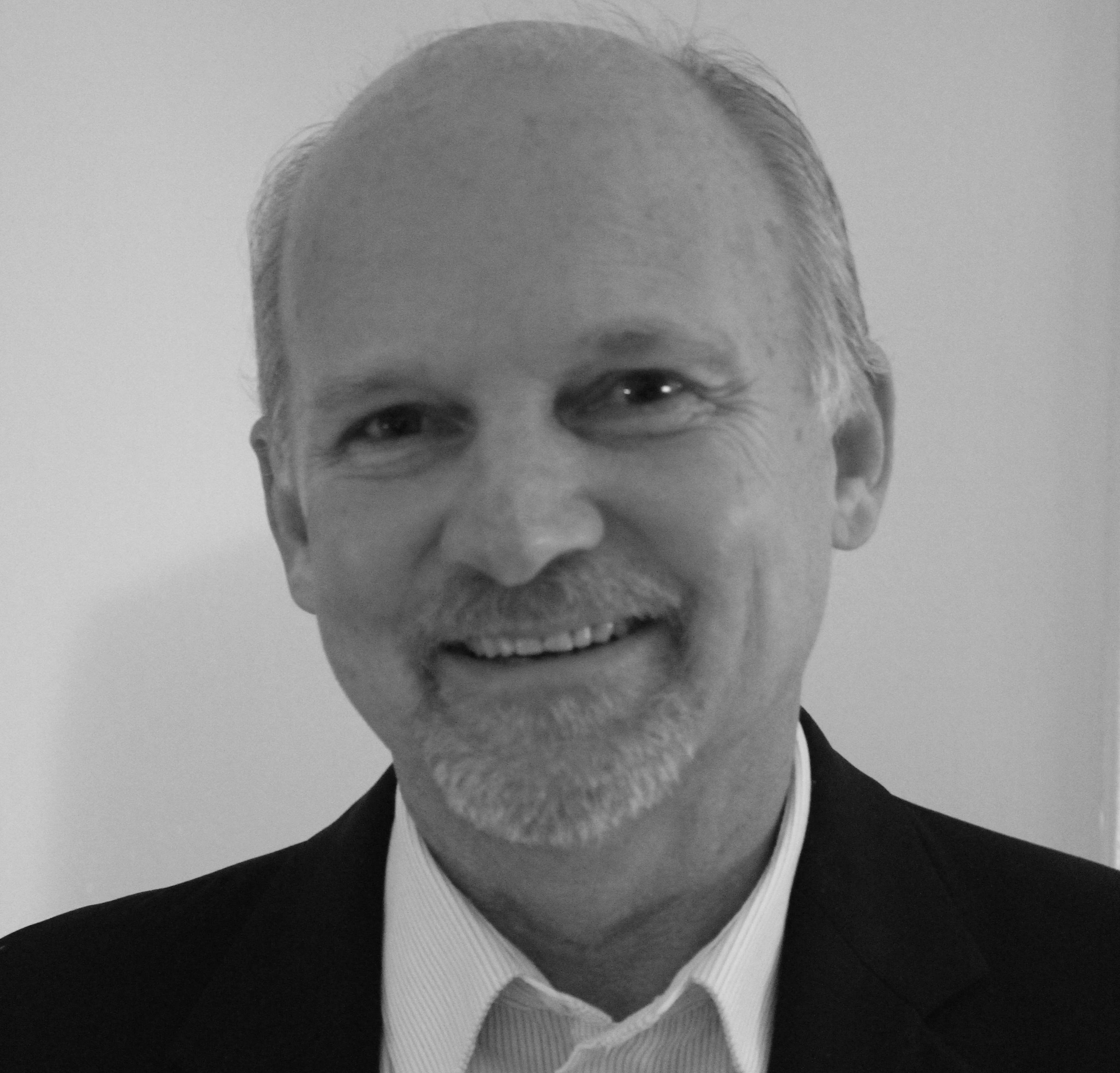
Pataphor
Kari Juusela
Kari Henrik Juusela is a Finnish/American composer and cellist who recently retired as the Dean of the Professional Writing and Music Technology Division at Berklee College of Music. Currently, he teaches at CMW, a music program for underserved youth in Providence, performs, and teaches music composition and theory at BerkleeOnline.
Pataphor, for solo cello, explores and attempts to answer the persistent and overarching questions about the nature of the unnatural and unknown pataphysical world through scordatura, harmonics, sul ponticello, and chordal glissandi – all in 60 seconds.
-
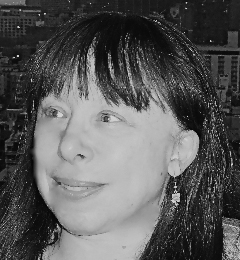
Reflecting on an Ecliptic Concurrence
Peri Mauer
Peri Mauer's music has been featured in concerts at Bargemusic, Women Composers Festival of Hartford, Bard College, Gamper Festival of Contemporary Music in Bowdoin, Maine, Sound of Silent Film Festival, etc. She is a recipient of multiple ASCAP Plus Awards, grants from New Music USA, and several orchestral commissions.
There is much that can't be seen. However a presence, with complexity and determination, is heard within the silence of a moment when we listen carefully.
-
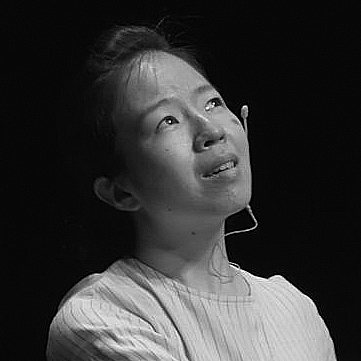
The Elevated Moon
Aine E. Nakamura
Aine E. Nakamura a composer-performer, creating idiosyncratic art grammar. She has composed for ICE and Mikro Ensemble, and appeared at New York Public Library for Performing Arts, A Concert of Electronic Music in honor of Mario Davidovsky, Dias de Música Electroacústica, and The Watermill Center. Fulbright Awardee (Berlin 2021-2022).
I see the crescent moon until I elevate to the same height as the moon. Nature. The word itself must be created by humans. 'I' am in the wholeness, and I hear my body until I am one with it. -
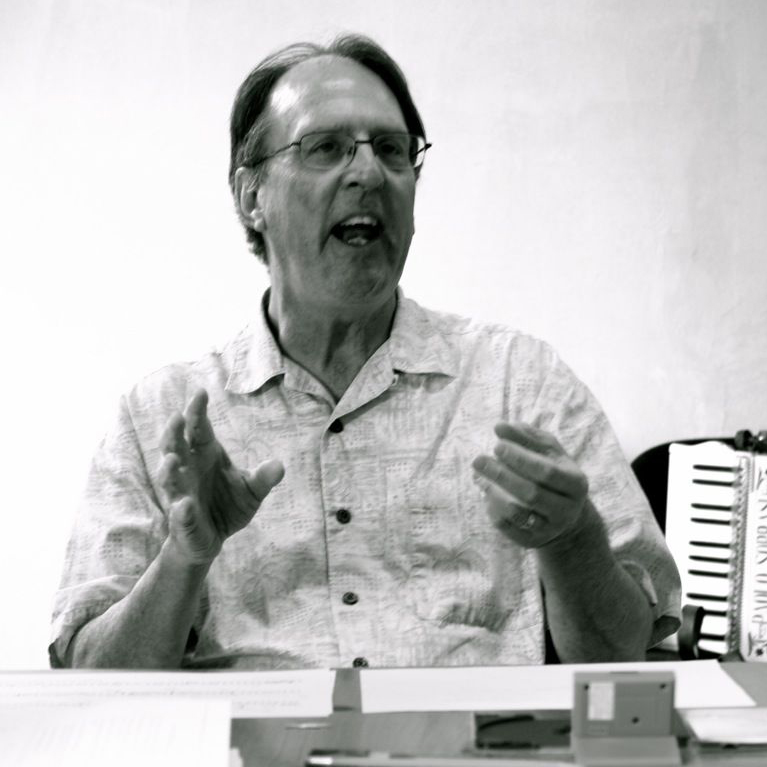
Shhh...
Douglas Ovens
Douglas Ovens has received commissions from the North/South Chamber Orchestra, Allentown Symphony, Lehigh Valley Chamber Orchestra, Asheville Symphony and many dance companies. He has composed for plays ranging from The Oresteia to Gertrude Stein’s Listen to Me and Alfred Jarry’s Ubu Roi. He lives in CA with his wife, Cindy.
Pataphysics connection... I have created a new cello work. There is absolutely no evidence that a new cello work is needed. That said... Shhh.... Is two pieces interspersed. The music marked “Romantic, Freely, etc” is a long melody, preceded and interrupted by a more percussive piece with vocalizations and taps. -
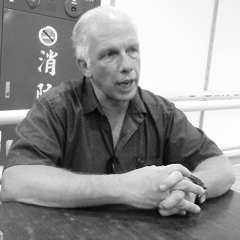
The Papyrus of Ani
Ken Paoli
Ken Paoli, Professor of Music at College of DuPage, studied composition with Phil Winsor and. is involved in archiving and researching of Winsor’s works. His paper on Winsor’s “Poetics of Music” and his own audio-visual work Spazio Sconosciuto will be presented at the 2021 International Computer Music Conference.
The Papyrus of Ani is the source material for an interpretation of a chapter from the Egyptian Book of the Dead. While no known examples of Egyptian music are thought to exist, recent scholarship suggests that hieroglyphics may also have been the notational language of Egyptian music. -
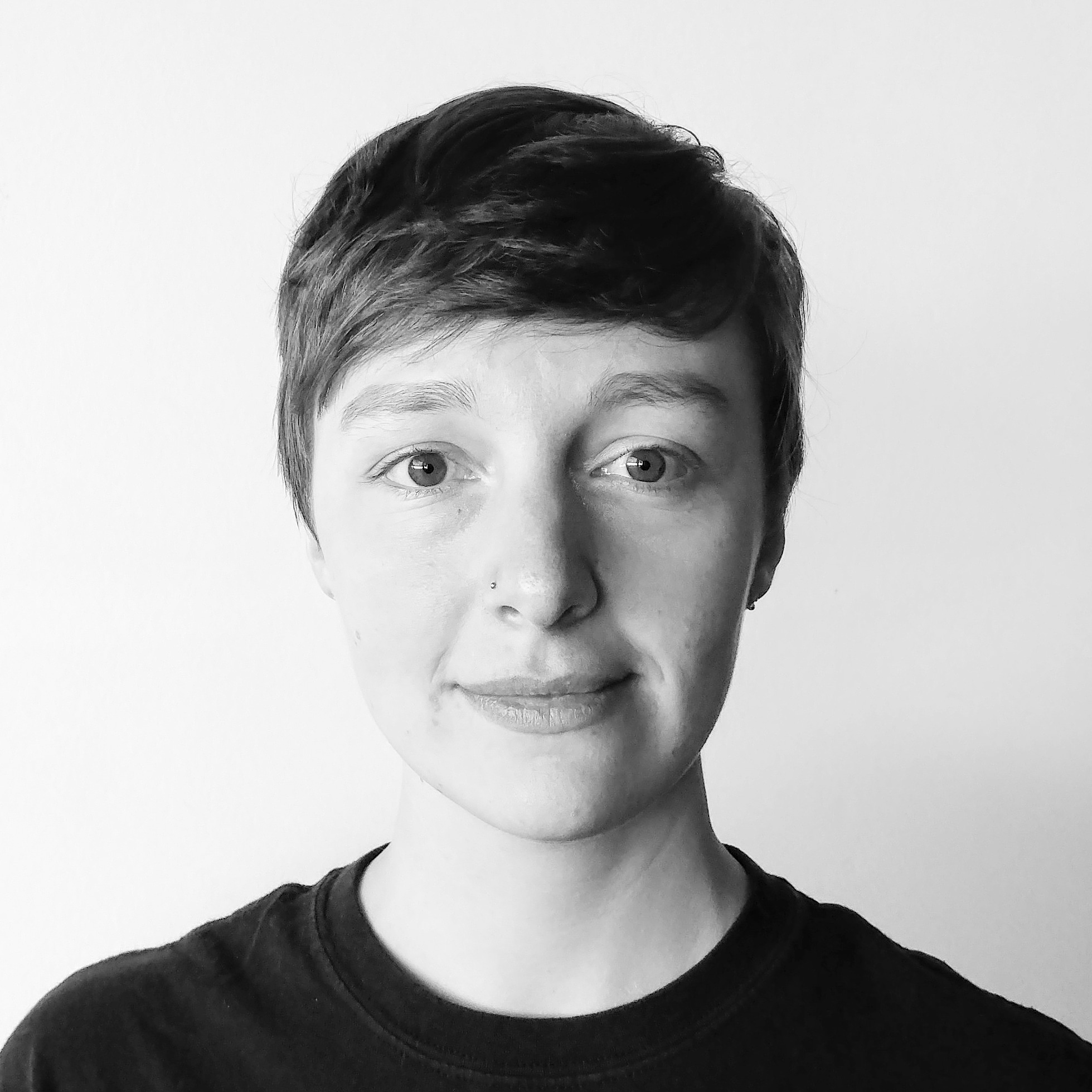
Only 4 easy payments of $19.95!
Jasmine Thomasian
Jasmine Thomasian (they/them) is a Chicago-based composer eager for projects that challenge them to think and create in new ways. Jasmine's artistic output is aesthetically diverse, but often incorporates theatrics, mundane objects/experiences, extended techniques, or unique interpersonal dynamics. Jasmine is a PhD student (Northwestern U), dog parent, and plant enthusiast.
We all have problems. And then sometimes, people try to convince us we have problems we don't really have. This piece is about that phenomenon, specifically within infomercials. By highlighting infomercials' (often absurd) texts, the piece illuminates this oddly normal aspect of marketing, in infomercials and beyond. -
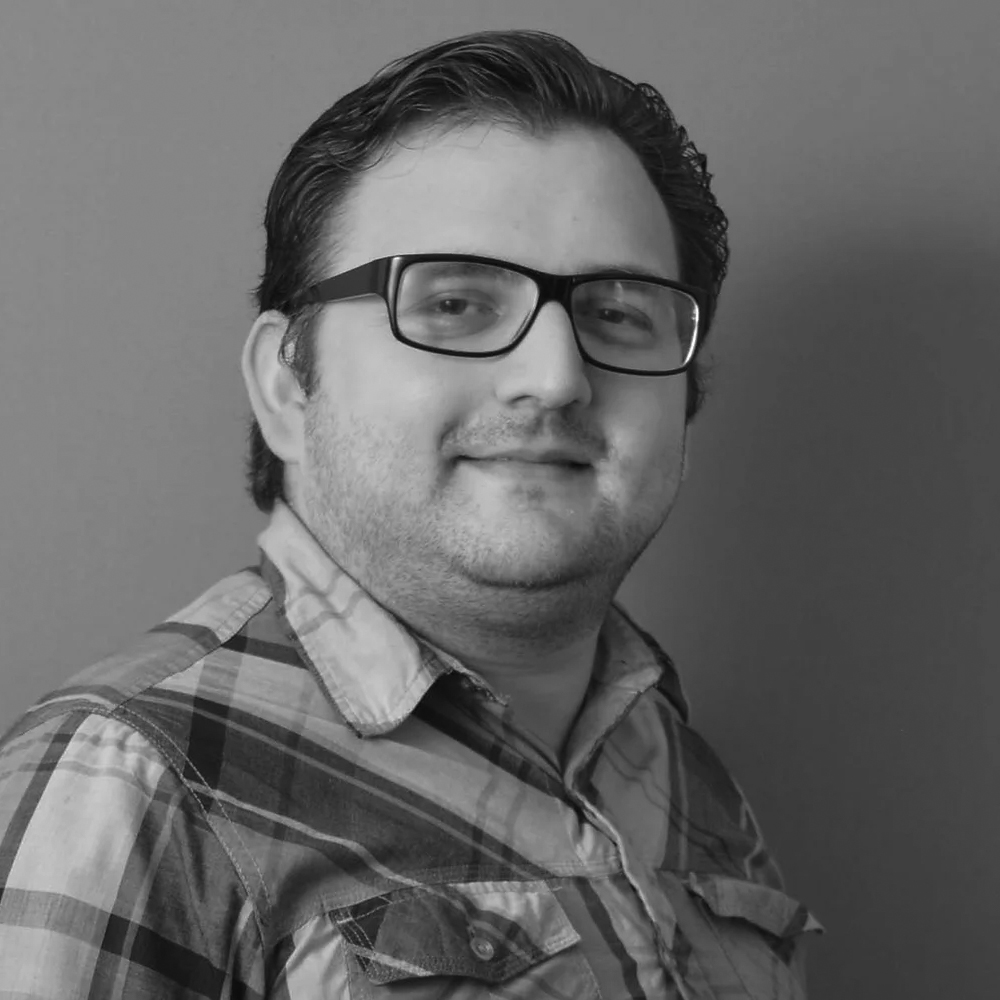
Lost Soul Hector Vera
Hector Vera
Hector Vera is an emerging composer and violinist with a B.A. in Music from Texas A&M University and a M.M. in Composition from Texas State University. Hector has studied composition with Michael Ippolito, Richard Hall, Peter Lieuwen, and David F. Wilborn.
This piece, through pataphysics, suggests that if one were to become a lost soul after death, it would need to find its body before it decays to escape an eternity in the veil. The spoken words and the cello are intentionally contrasting and irrelevant to each other, representing their disconnection.
-
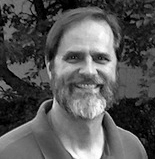
Fizipata Provides Solutions!
Rodney Waschka II
Rodney Waschka II serves as Professor and Director of Arts Studies at North Carolina State University. Known for his algorithmic compositions and theatrical pieces, his music has been presented and recorded worldwide. His teachers include Larry Austin, Paul Berg, Thomas Clark, Clarence Barlow, Charles Dodge, George Lewis, and Konrad Boehmer.
Fizipata Provides Solutions! (2021) was composed for Craig Hultgren on the theme of ‘Pataphysics’ -- the science of creating solutions to problems that don't exist.” The work takes advantage of Hultgren’s abilities with extended techniques.
-
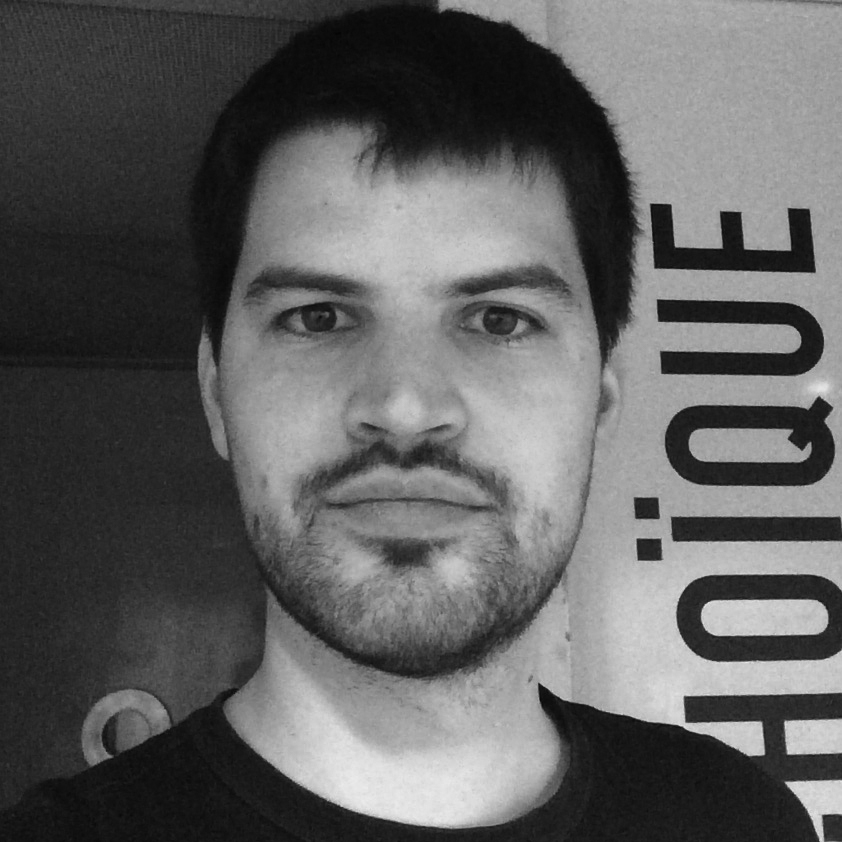
Un tour dans les pruniers
Marc Wijnand
Marc Wijnand is a Beneluxian composer and musician drawing inspiration from nature and spectral and stochastic processes.
This composition is inspired by the play Ubu Roi by Alfred Jarry.
-
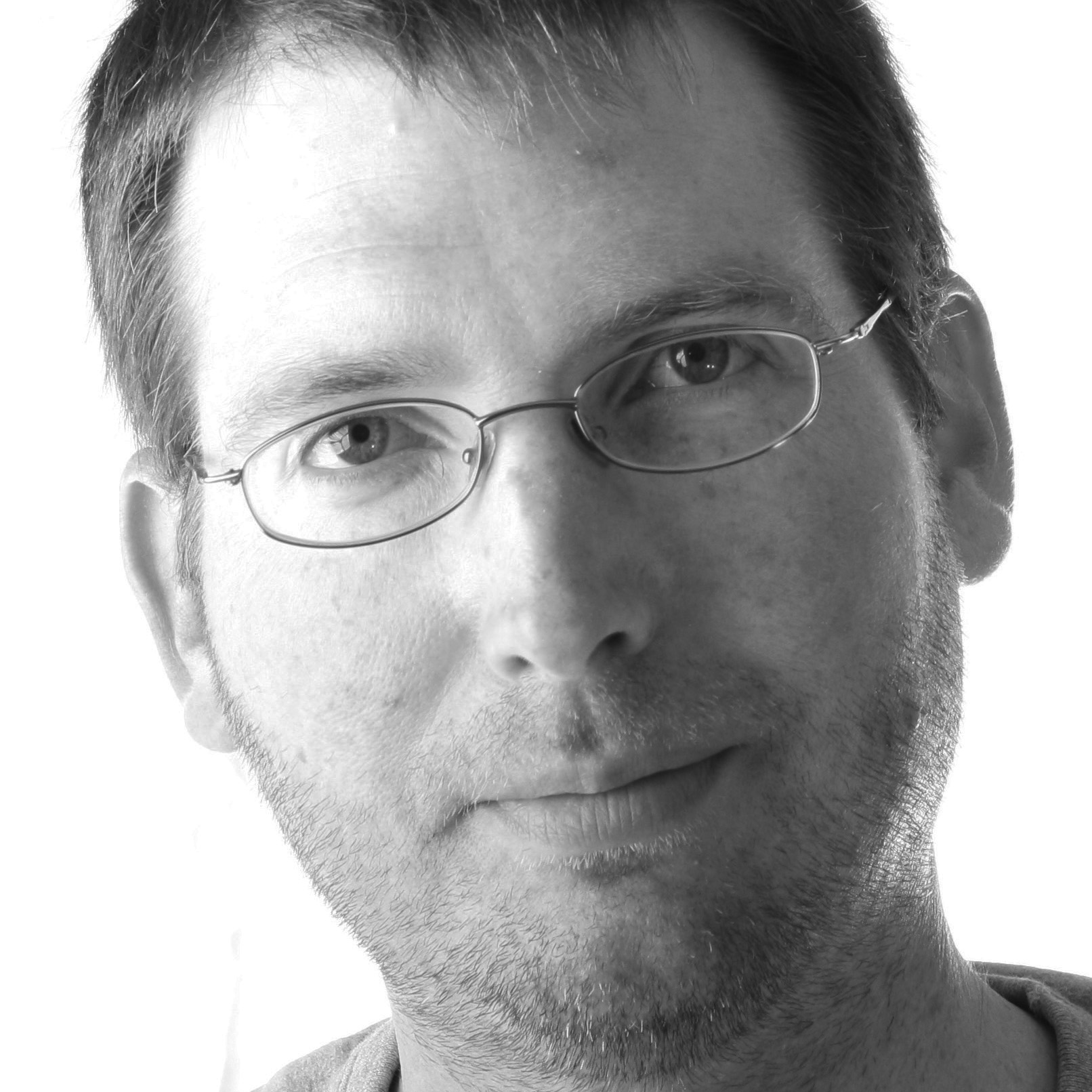
Particles
Justin Writer
Justin Writer is a composer of modern chamber and ensemble music. His day job is teaching adults how to spell chords (music theory).
Particles is a patchwork piece where the performer is given a small number of musical fragments, which can be freely organized. -
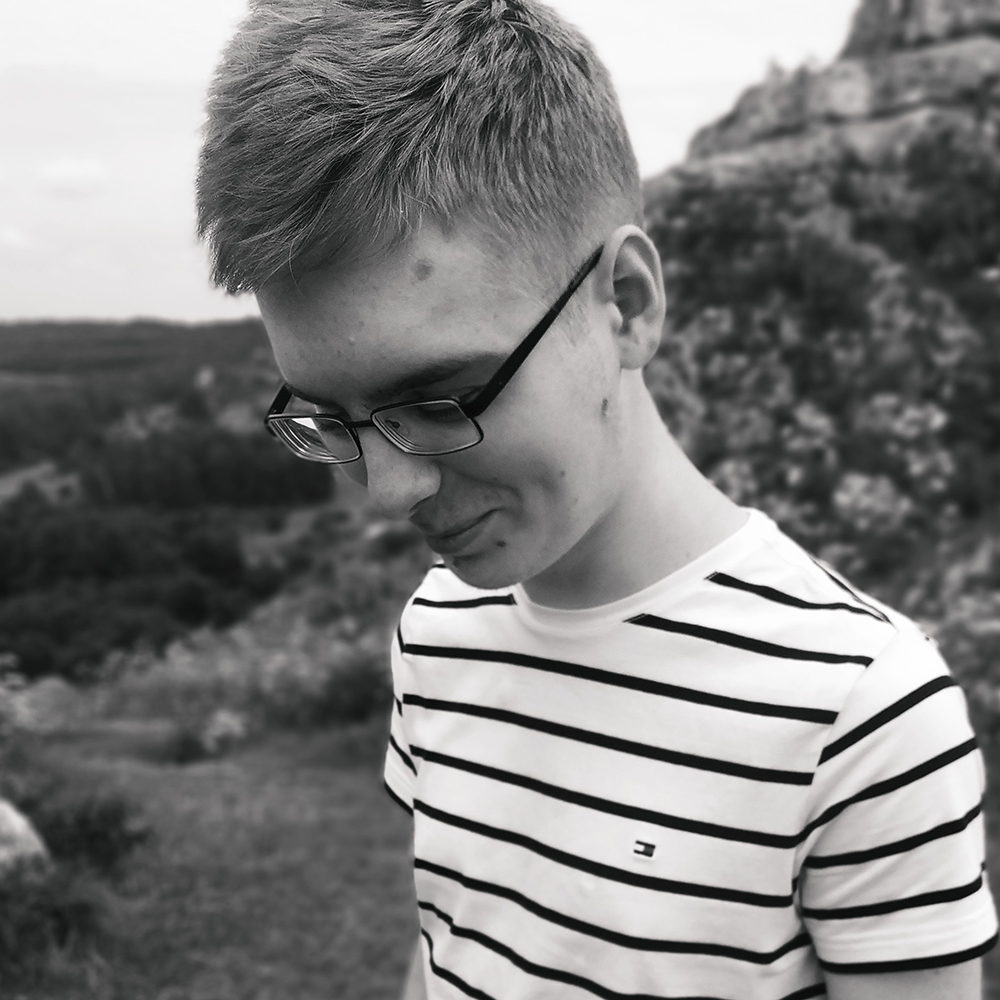
Zeit vergeht/Wir vergeh'n
Sebastian Zaczek
I am a 19 year old composer and computer science student from Germany, who is particularly interested in the subjective perception of music. Gradualy evolving processes and a focus on subtle playing with timbre often play a central role in my compositions.
"Zeit vergeht/Wir vergeh'n" explores the perception of the passing of time. The title is a reference to the theory that humans fundamentally percieve time in two different ways analogous to optical illusions of self-motion, where one might percieve themselves to be moving (despite staying physically still) because of moving surroundings.